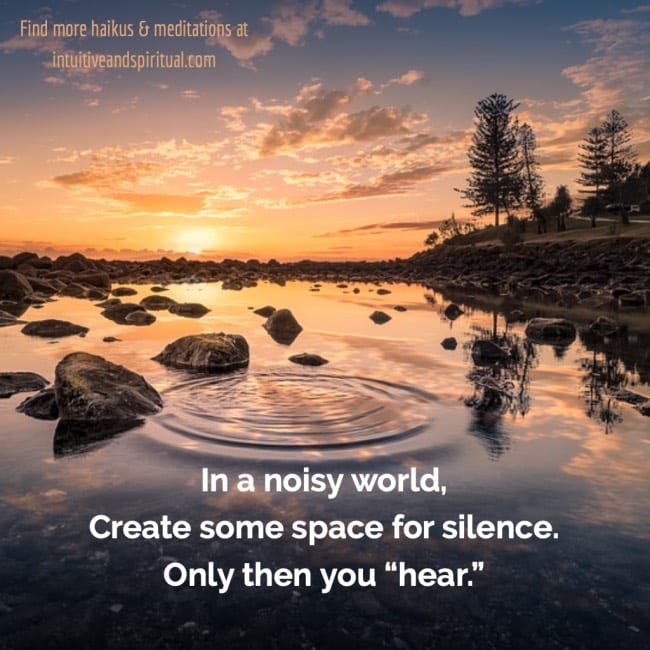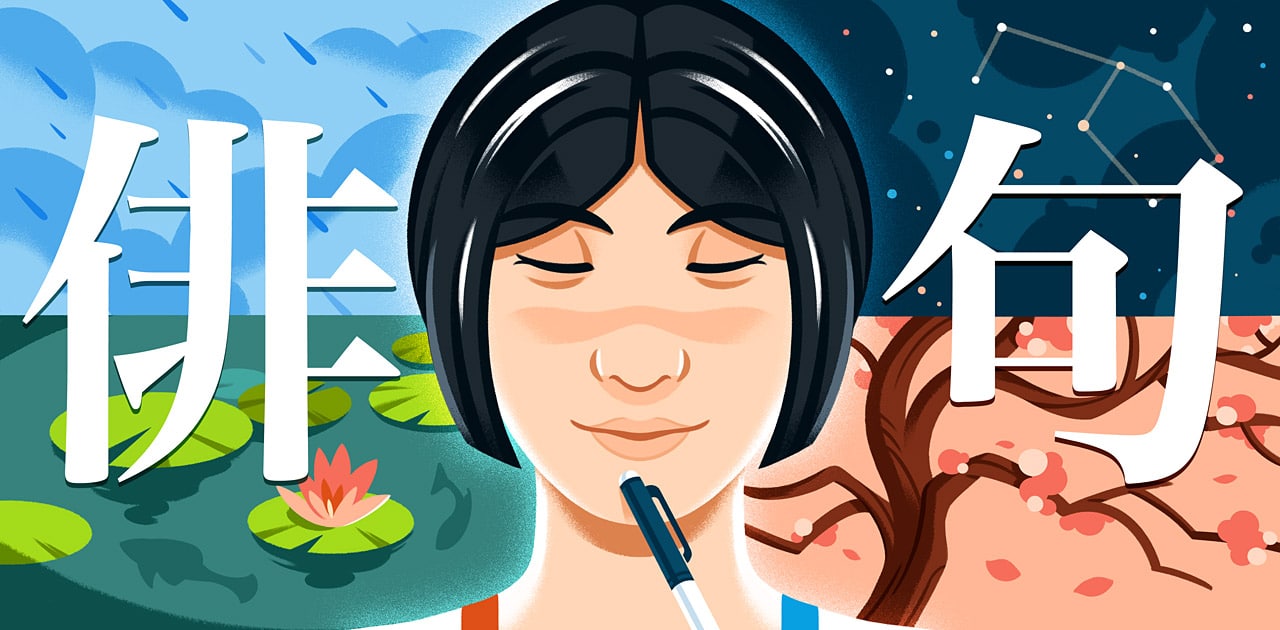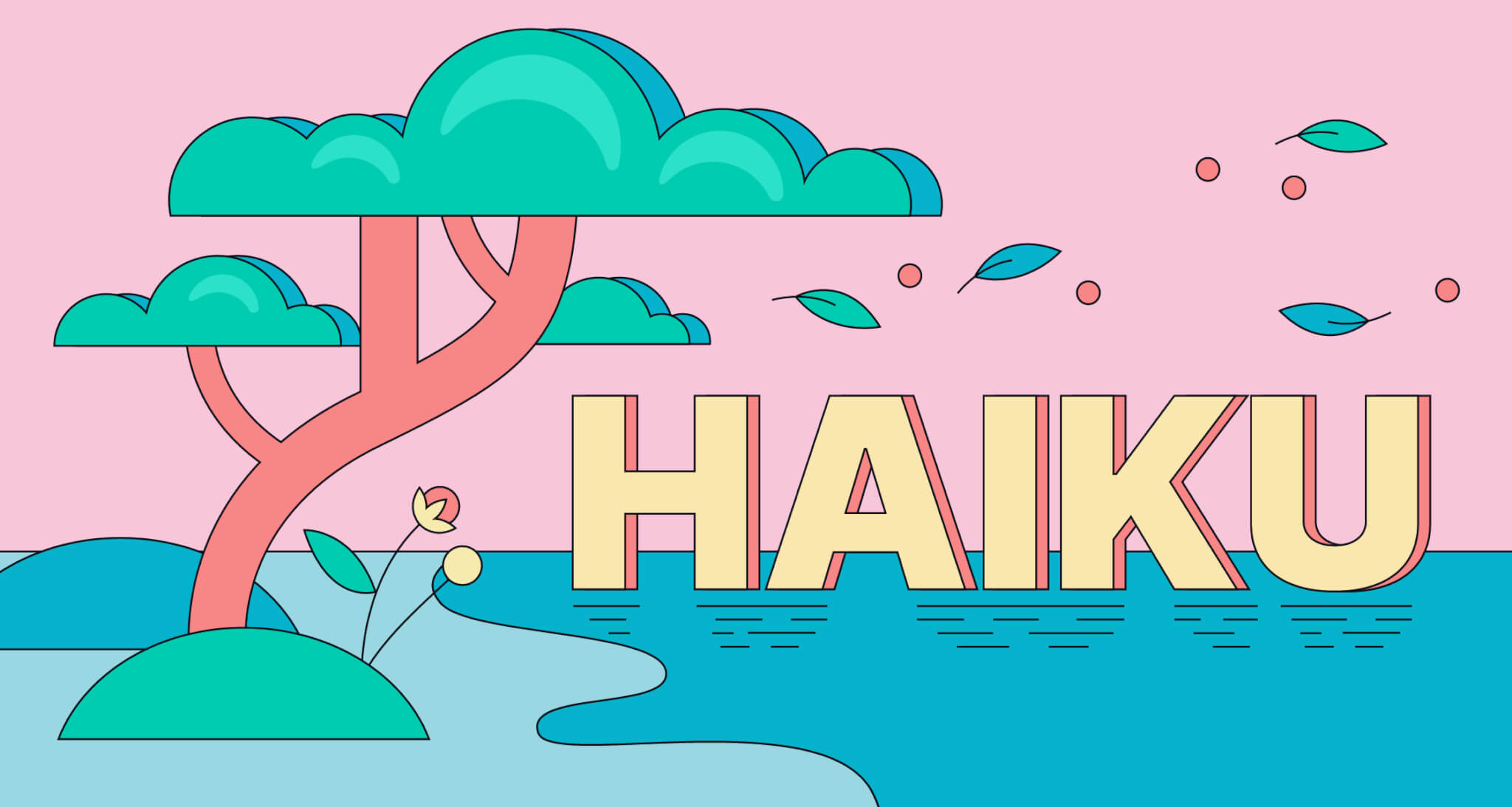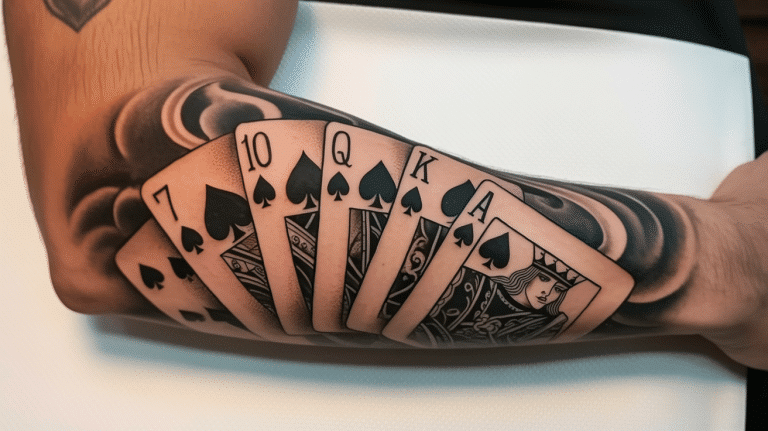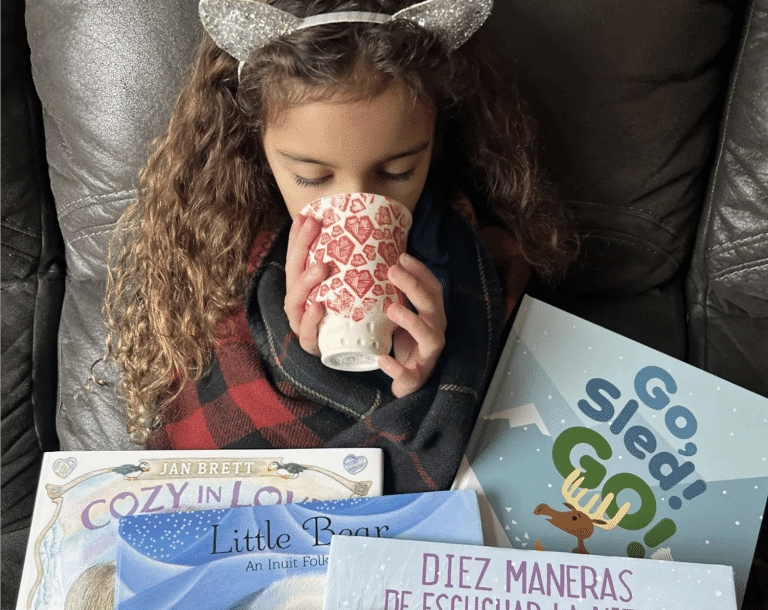Haiku! Ever heard of that term? Haiku is well known as a classic short Japanese poetry crafted with simplicity and inspiring quality. These poems are so evocative that they captivate people’s minds, emotions, and feelings.
Haiku beautifully tickles your imagination and curiosity to appreciate the beauty of their surroundings. Haiku condenses nature, feelings, and many amazing feelings that fascinate the reader’s imagination towards life and other blessings.
Overall, it can be believed that Haiku interprets the mindset of the people to look at the brighter side of life without any negativity. You connect with the writer’s thoughts, emotions, imagination, and situations with haiku.
Haikus and Social-Emotional Learnings
There is a strong connection between the Haikus and social-emotional learning. Haikus help people discover their awareness, empathy, self-love and care, mindful expression, and self-realization journey. If understood deeply, Haikus can develop the most beautiful relationship with your inner self.
- These Haiku are powerful for self-reflection and meditation to promote balanced social-emotional learning. As haiku requires complete awareness of the individual’s thoughts and feelings, it motivates self-awareness in a concise and structured manner.
- It is a great platform for individuals to learn and recognize their emotions and feelings better. Haiku is also great for encouraging empathy between people as it helps observe and reflect the surrounding world. It helps people to connect with other people’s feelings with better and clearer understanding.
- Haiku can be extremely helpful if you often struggle with verbal connection or communicational expression. It is an easy, short, clear, creative, artistic, and concise expression to speak your mind and reflect your heart. Haikus ensures a unique way for the writers to express their thoughts, feelings, and emotions.
- According to the experts, Haiku encourages people to be their selves by focusing on their surroundings. These poems promote positivity by reducing stress and anxiety within no time. You tend to get happier and a better version of yourself.
- Haiku helps improve teamwork and communication skills for a better professional journey and uncompromised work-life balance. You can work in a team to create your own Haiku, leading to a positive and productive work atmosphere.
In short, Haiku can be the best social-emotional connection, resulting in self-motivation, self-awareness, mindfulness, empathy, and collaboration.
How Can You Use These Haikus?
The best way to use Haikus is to reflect your thinking, emotions, experiences, beliefs, and feelings. Though it can be a challenge to concise your writing, it brings your deep emotions without interruptions.
- Haikus are also best to use for meditation. Read one Haiku before you start meditation and then contemplate the same. Try to focus on the Haiku and its words by repeating the same. Just as your mind wanders, you can quickly return to the Haiku and are sorted.
- You can also use these Haikus for your spiritual growth as well. Read and choose the quote of the day that inspires you the most that day. Pick any Haiku that reflects your present thoughts, emotions, and mindset to connect with it easily.
- Haikus are also a blessing for self-realization. You tend to develop a stronger bond when you are well-connected with your thoughts, emotions, and feelings. It helps not only to connect with your calmness but also to have a better understanding of people’s emotions.
Haikus are best to inspire you in life to simplify your thoughts and enjoy the magic of silence for calmness and relaxation.
Some Examples of Haikus
- Peaceful moonlight glows,
Whispers dance among trees,
Night’s lullaby sings.
2. Petals falling slowly,
Springs Confetti on the breeze,
Nature’s grand procession.
3. Chirping Birds taking flight,
Painting the sky with melodies,
A symphony rises.
4. Sun slants to the west,
Shadow embraces the waning light,
Day’s curtain is drawn.
5. Moonlight gently caresses,
Night’s embrace cradles the stars,
Dreams soar above.
6. Heart dances with joy,
Love’s Symphony in Motion,
Soul harmony is attained.
7. Tears of sorrow flow,
Heart swallowed by grief’s ocean,
Healing whispers rise.
8. Snowflakes dance and twirl,
Winter’s wonderland takes new shape,
Nature’s artistry talent.
9. Blossoms are blooming,
Spring’s confetti on the breeze,
Entrance of nature.
10. A warm hug from the sun,
Summer’s fire lights the sky,
Vibrant hues of life.
We also have a comprehensive list of 5-7-5 haiku examples about life!
Final Thoughts
Haiku invites people into a world of creativity, imagination, and vivid emotional connection. It gently introduces you to live the present moments with the utmost grace and understanding.
Haikus are the timeless experiences that happen when you take a moment of appreciation for yourself and your positive surroundings. The whole idea and concept behind these Japanese Haiku is to express more with fewer words, which carries the real essence and feelings.
Learn, understand, develop, and get inspired by the small, joyful moments of life that help shape the best version of you.
What was the best thing that you learned about haiku? Let us know in the comments!

